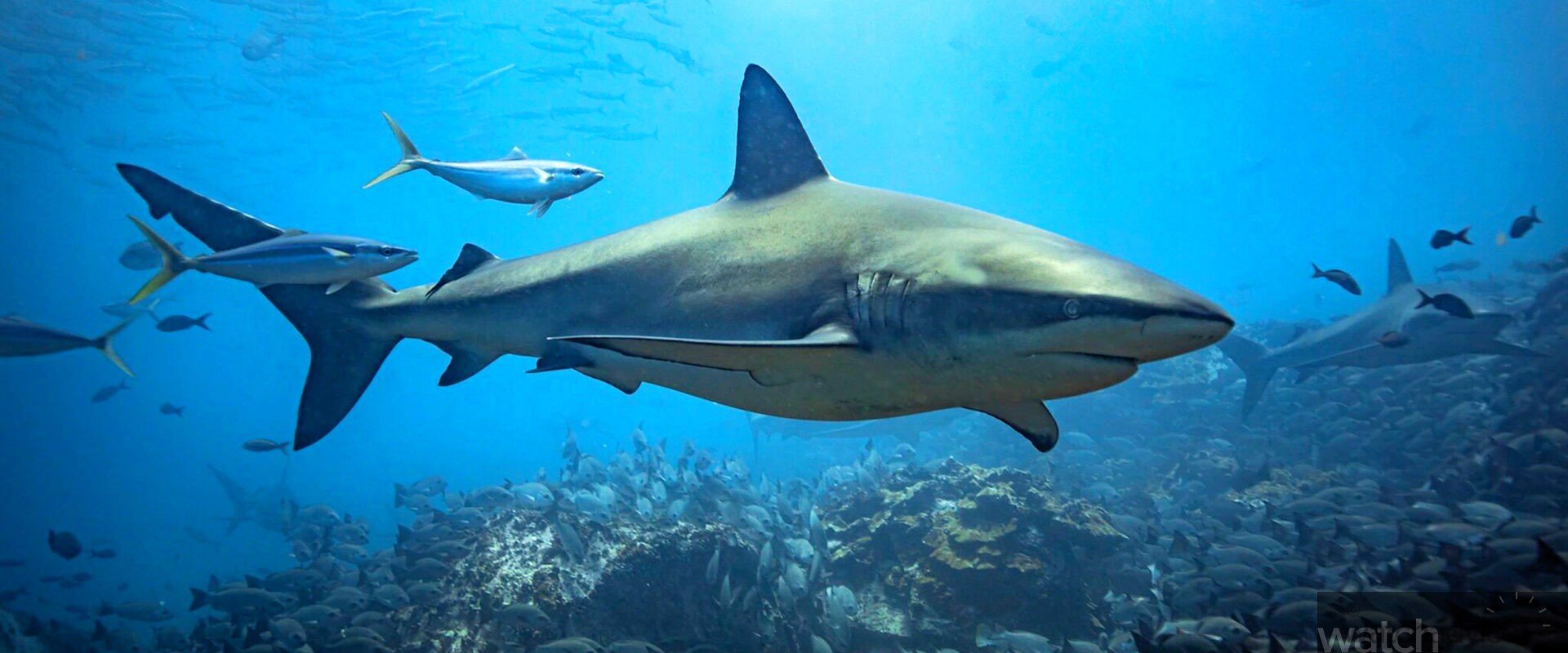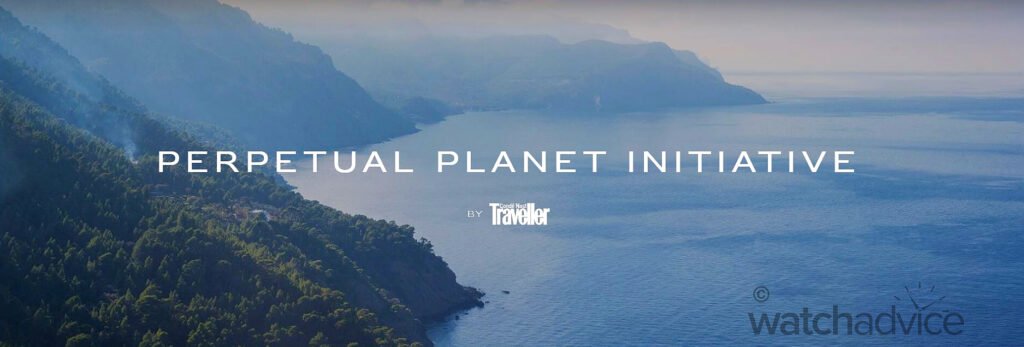On June 8th, World Oceans Day, Rolex announced with a sense of responsibility it’s “Oceans Moment”
Rolex has been involved with international efforts to research and explore our vast oceans for over seventy years now. This journey by the watchmaker first started off as the thrill of “discovery,” but it has now turned into research and protection of our oceans.
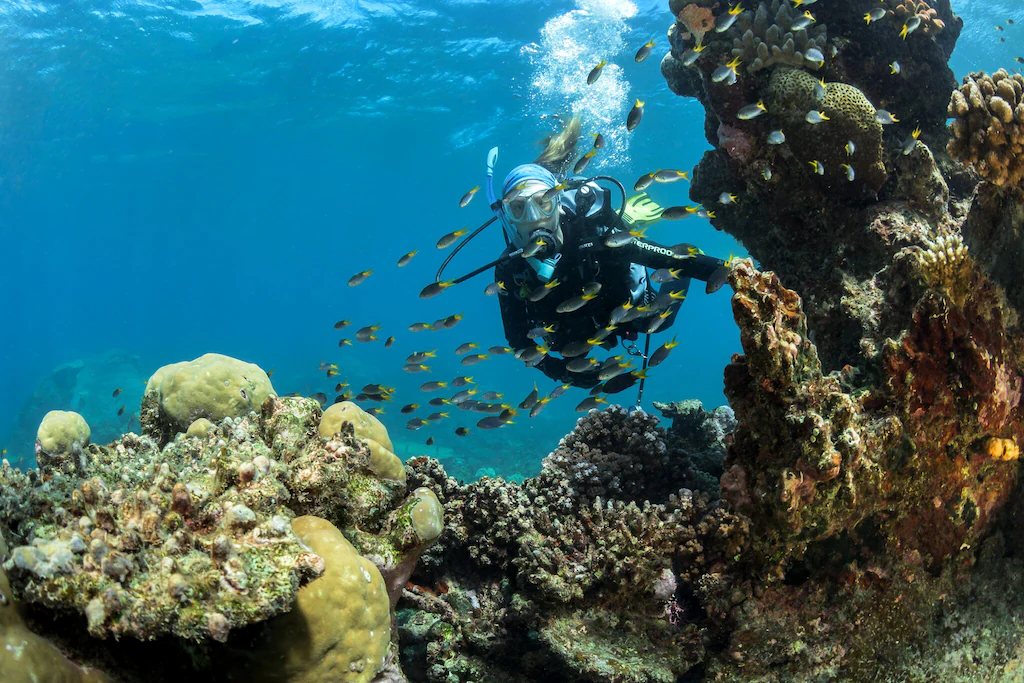
In the modern day, the Rolex Perpetual Planet Initiative lends its support to a wide range of causes and ongoing projects. The initiative mainly focuses on ocean conservation, wilderness protection, and the preservation of the living world. The “Oceans Moment” is Rolex’s way of showcasing that the proper amount of focus is given to all the different inspiring projects the watchmaker supports. Oceans Moment deep dives into the projects and shows the stories of the individuals who are working tirelessly to make a difference, to celebrate those in their efforts to understand and protect the Planet’s blue heart: its seas.
What Is The Perpetual Planet Initiative?
Rolex states that for almost a century, it has helped pioneering explorers push back the boundaries of human endeavour. In 2019, Rolex created the Perpetual Planet Initiative, with the initial focus on the Rolex Awards for Enterprise and long-standing partnerships with Mission Blue and the National Geographic Society.
Now, the Perpetual Planet Initiative has more than 30 partnerships that focus on ocean preservation, wilderness protection and the preservation of the living world. Some of these partnerships include Cristina Mittermeier and Paul Nicklen, the Under The Pole expeditions, the Monaco Blue Initiative, Coral Gardeners, Rewilding Argentina and Rewilding Chile, offspring organizations of Tompkins Conservation, and many Rolex Award for Enterprise Laureates.
Through the Rolex Perpetual Planet Initiative, the brand also supports future generations of explorers, scientists and conservationists. This is being done through education with scholarships and grants, such as Our World-Underwater Scholarship Society and The Rolex Explorers Club Grants.
Exploration for Protection
Preserving our oceans must be an urgent priority. Thanks to their oxygenating capabilities and crucial role as a carbon sink and thermal regulator, the oceans act as our best ally in maintaining the global climate. Preserving our oceans not only protects endangered marine ecosystems but also protects the planet as a whole.
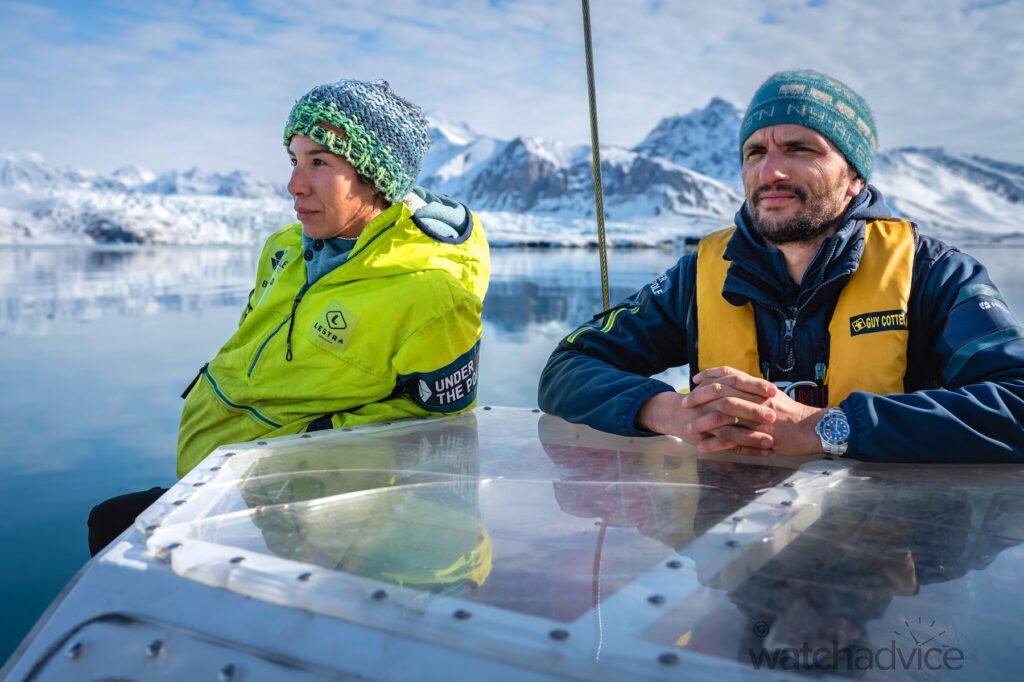
Rolex-supported projects over the last half-century have continued to uncover the deep mysteries of our oceans, and in doing so, it has become more and more evident that marine exploration and conversation are heavily linked. A Perpetual Planet Initiative Partner, Emmanuelle Périé-Bardout, who is also a deep-sea explorer and co-founder of Under The Pole (UTP), shares this very sentiment by stating that “We need to study it and reveal it so that we can protect it.”
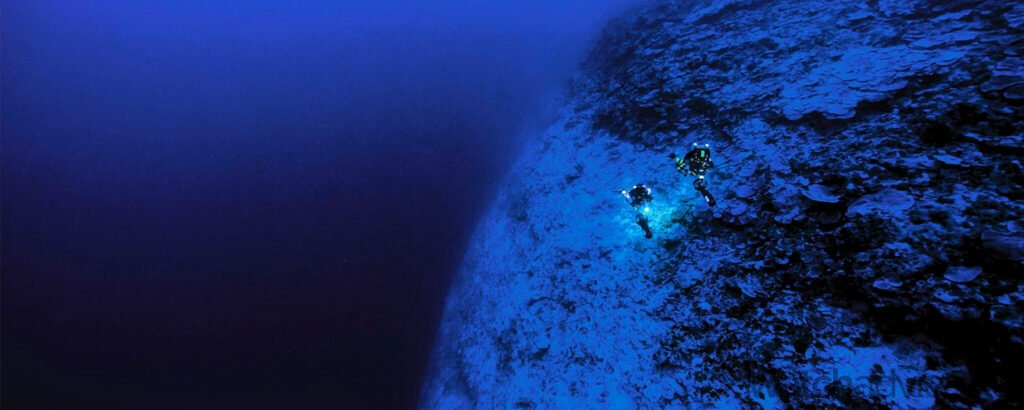
When it comes to Rolex’s own exploration of the Planet, the brand has developed timepieces that have climbed some of the highest peaks and gone into the lowest depths of Earth. The brand states, “The Rolex Oyster watch, created in 1926, has accompanied explorers to the highest and lowest points of Earth. In 1960, following founder Hans Wilsdorf’s interest in developing a new generation of waterproof and pressure-resistant watches, Rolex equipped the bathyscaphe Trieste with a watch on its deep dive to the bottom of the Mariana Trench, 10,916 metres below the surface.”
Renewed Commitment
The launch of Rolex’s Perpetual Planet Initiative in 2019 has doubled the company’s efforts in their longstanding commitment to the protection of our planet. One of the core elements of the Perpetual Planet Initiative is Rolex’s partnership with Mission Blue. Mission Blue was founded back in 2009 by oceanographer Sylvia Earle. The purpose of Mission Blue is to highlight the significant areas of marine ecosystems that need protection around the world, called “Hope Spots”.
Rolex joined forces with Marine Blue in 2014 and has since supported the company’s efforts to protect 30 per cent of the world’s oceans by 2030. This percentage value is based on the International Union for Conservation of Nature’s (IUCN) recommended target for safeguarding ocean health. So far, Mission Blue has found 160 “Hope Spots” around the world, a number that continues to grow. One of these Hope Spots is the richly biodiverse Galapagos Islands. Sylvia Earle led an expedition into these waters, one that was also supported by Rolex’s Perpetual Planet Initiative.
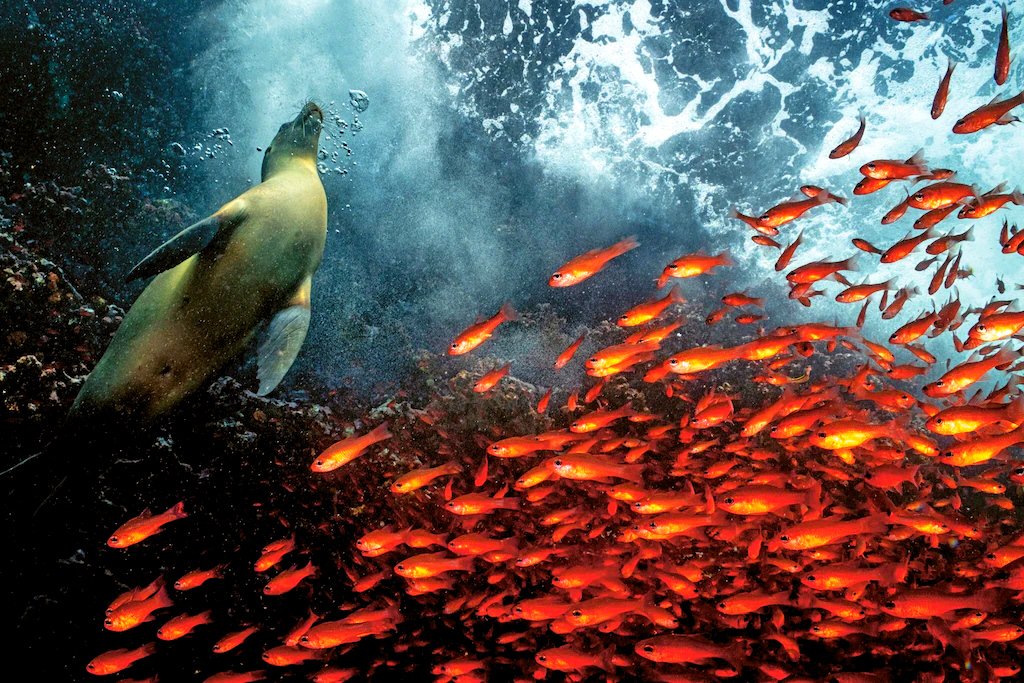
“The expedition team surveyed turtle habitats, mapped the foraging grounds of penguin colonies, measured levels of microplastics and more in order to assess the overall health of the Hope Spot, 25 years after the creation of the Galápagos Marine Reserve. They found lush forests of kelp, previously thought to only grow in much colder waters, as well as traces of DNA that may belong to species completely new to science.”
Sylvia Earle and Rolex’s Perpetual Planet Initiative on surveying the Galapagos Islands.
Efforts On A Global Scale
Through Rolex’s Perpetual Planet Initiative, the brand has been able to create a network of conservationists who can work across each other’s projects, allowing the individuals to have a greater impact. Rolex states that one particular collaboration saw “UTP marry their deep-diving expertise with the knowledge of world-renowned ichthyologist and Rolex Awards Laureate Luiz Rocha to conduct a first-of-its-kind exploration of the deep-sea animal forests of Guadeloupe.”
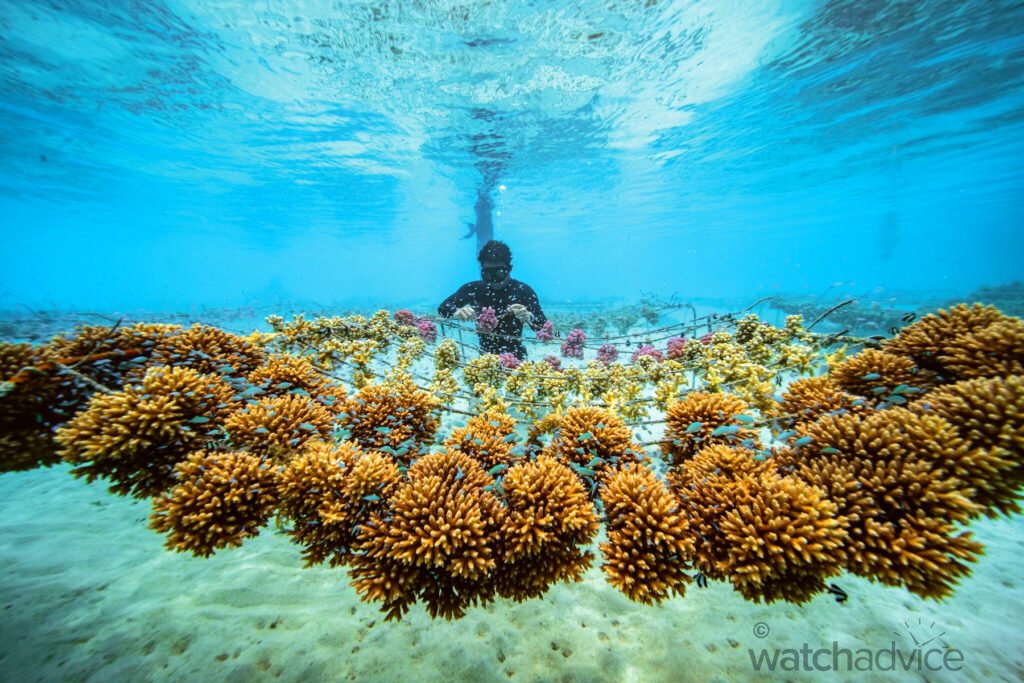
With the Perpetual Planet Initiative, Rolex’s involvement with marine research and conservation has truly gone global. The watchmaker’s initiative has supported projects carried out by 16 countries, including Svalbard, Maldives, Peru, and Portugal.
Through its unwavering support for marine exploration and conservation projects around the world, Rolex continues to play its part in the fight to protect the future of our oceans.
Rolex’s Perpetual Planet Initiative


